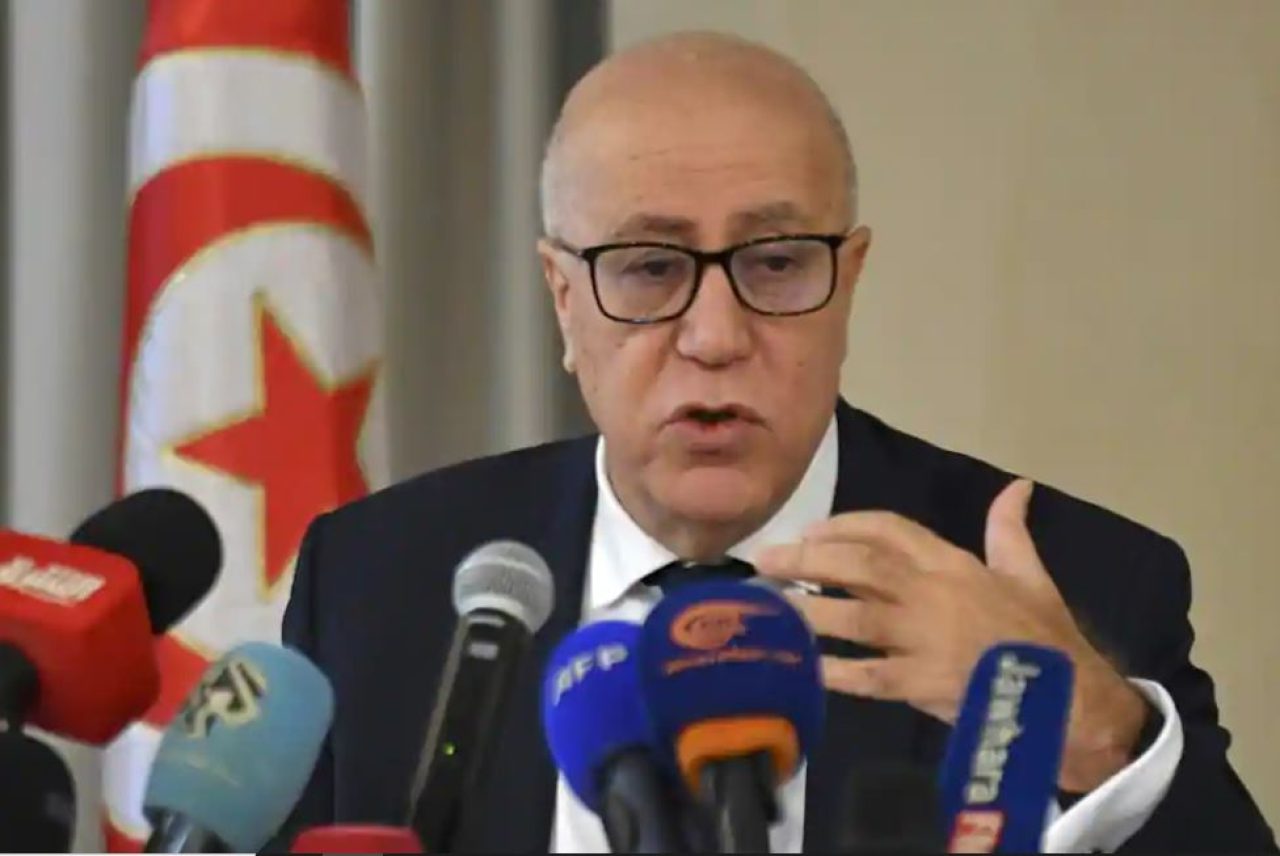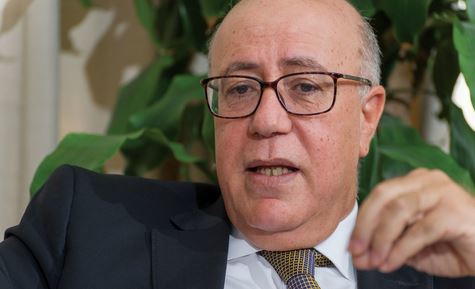Without a swift IMF settlement, Tunisia’s central bank governor warned of tough times ahead.
The country is burdened by debt equal to roughly 90% of its GDP. In mid-October, it signed an agreement in principle with the International Monetary Fund on a package worth roughly $2 billion.

It is now awaiting IMF authorization to access other sources of funding.
“We hope to be able, as quickly as possible, to reach an agreement with the IMF to mobilise the external financing allocated to the budget,” Marouane El Abassi said.
“There will also be gradual lifting of subsidies on basic products, in particular energy, over the three/four years, we will see prices increase significantly.”
The IMF was supposed to approve the accord on December 19, but that date was pushed again.
According to Abassi, the delay was caused by a lack of preparation of the Tunisian budget.
The IMF requested, among other things, a law restructuring over 100 state-owned enterprises that have monopolies and are in debt.
The law is being debated and will be presented to the cabinet.
Tunisians, like the rest of Tunisians, are dealing with sluggish economic development and rampant inflation. In June of last year, a labour union lobbied against any IMF agreement.





